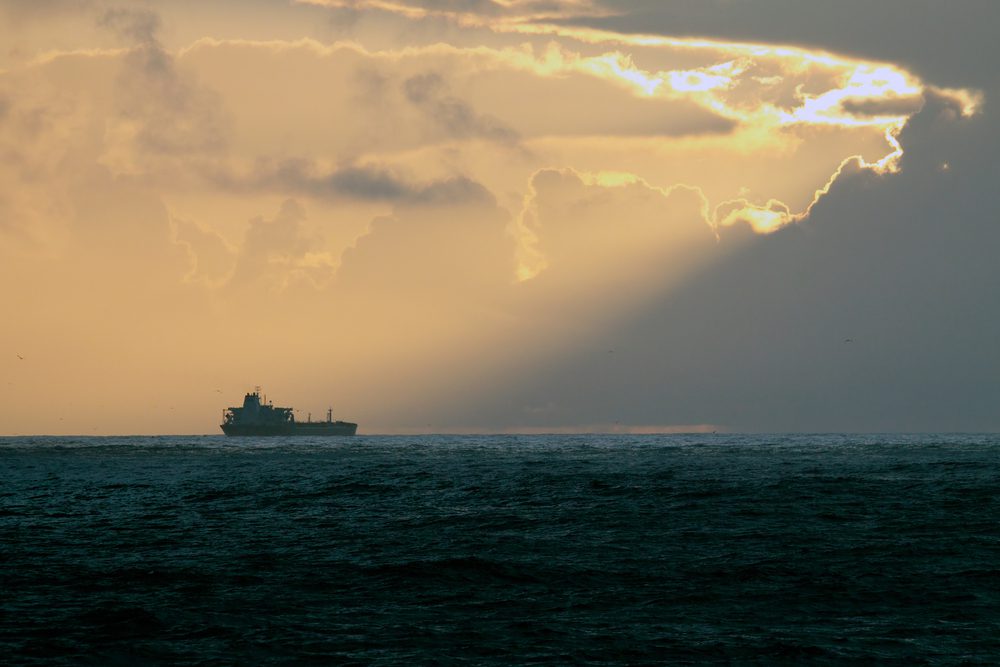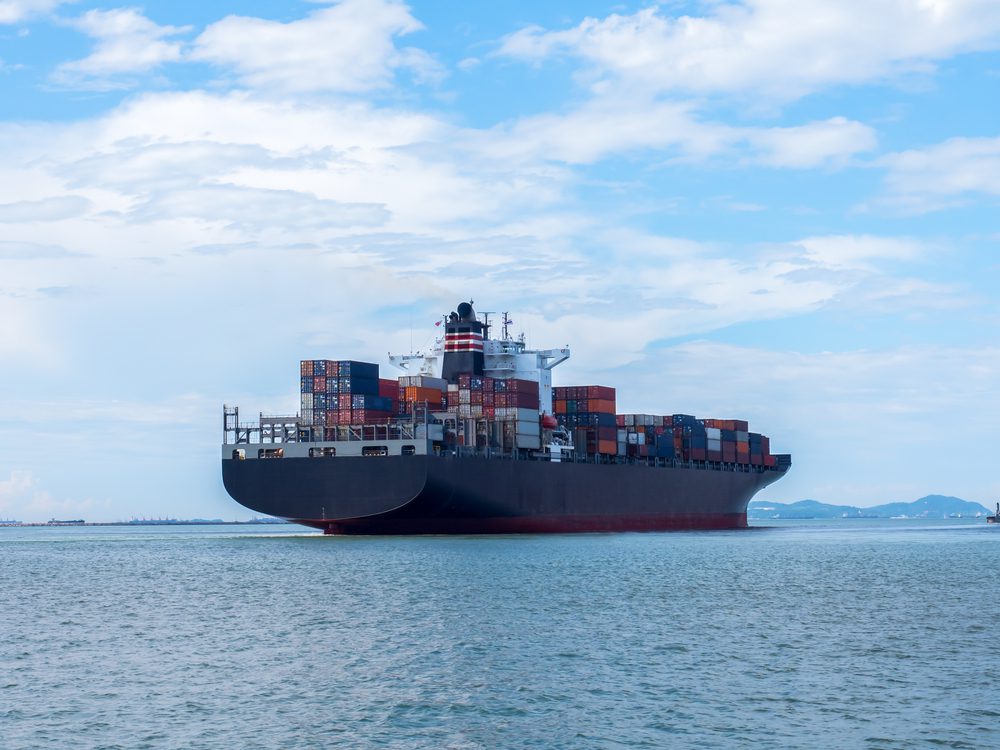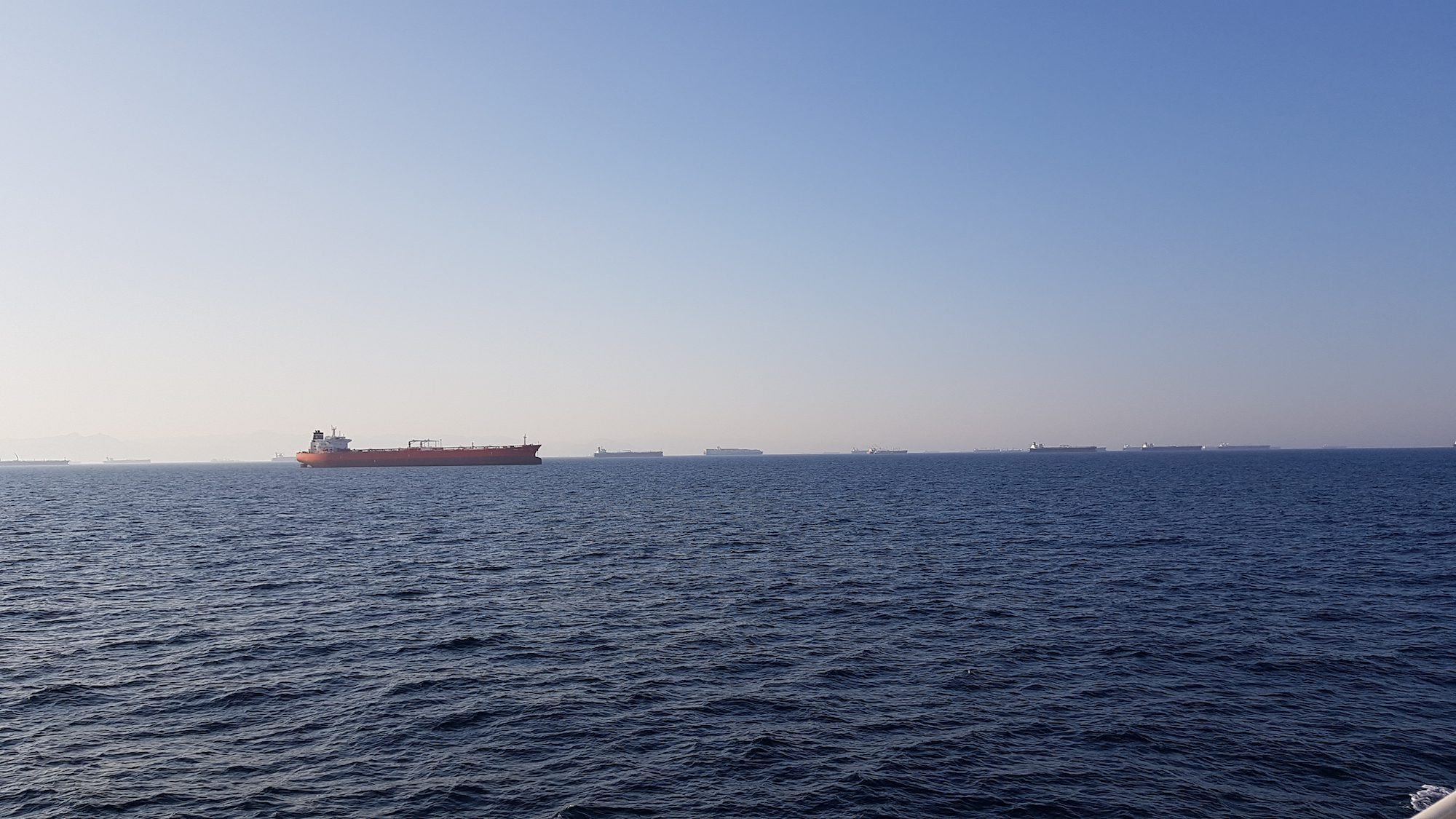LONDON, June 16 (Reuters) – Electronic interference with commercial ship navigation systems has surged in recent days around the Strait of Hormuz and the wider Gulf, which is having an impact on vessels sailing through the region, naval forces said on Monday.
Iranian missiles struck major Israeli cities on Monday, while Israel’s prime minister said his country was on its way to eliminating “threats” from nuclear and missile facilities in Iran and civilian casualties mounted on both sides after four days of conflict.
Tehran has in the past threatened to close the critical Strait of Hormuz to traffic in retaliation for Western pressure. Any closure of the strait could restrict trade and impact global oil prices.
“JMIC continue to receive reports of electronic interference stemming from the vicinity of Port of Bandar Abbas (in Iran),?in the SoH and several other areas in the Arabian Gulf,” the multinational, U.S.-led Combined Maritime Force’s JMIC information center said in an advisory.
“These interferences, which continue to intensify throughout the region, are having significant impact within the Gulf itself. This disruption is affecting vessels’ ability to accurately transmit positional data via automated identification systems (AIS), posing operational and navigational challenges for maritime traffic.”
Every oceangoing ship has a number of navigation systems onboard, which includes the AIS public ship tracking system that is used extensively by merchant shipping across the world.
The advisory followed an earlier note on Monday by UKMTO maritime agency, which also pointed to an increase in navigational interference in the Gulf and Strait of Hormuz, although no parties were identified as the source of the interference.
Greek authorities urged their merchant fleet last week to log all voyages through the strait. Greek operators are among the biggest tanker providers in the world.
“The regional threat level remains significant as strikes continue from both Iran and Israel. The maritime threat level remains elevated,” the JMIC said.
(Reporting by Jonathan Saul, Ahmed Elimam and Jana Choukeir, Editing by William Maclean and Alex Richardson)
(c) Copyright Thomson Reuters 2025.
Editorial Standards · Corrections · About gCaptain
This article contains reporting from Reuters, published under license.

 Join The Club
Join The Club












